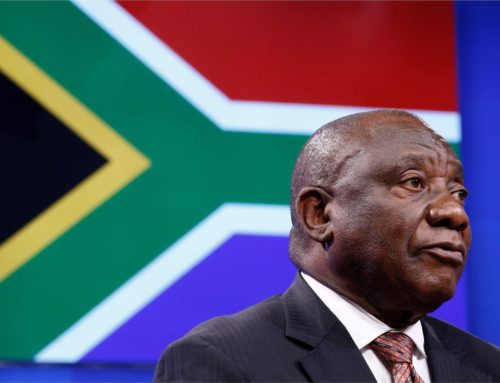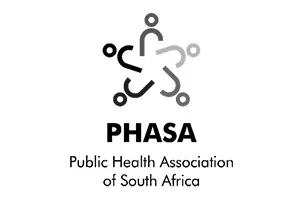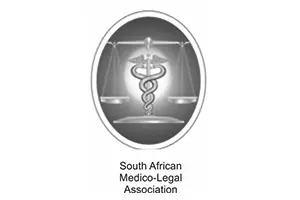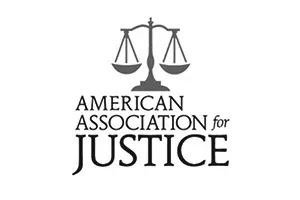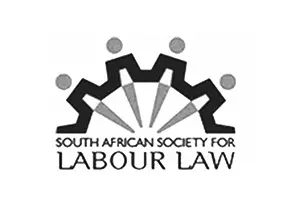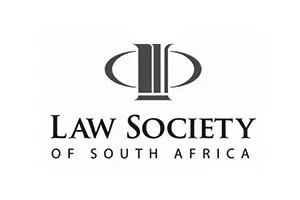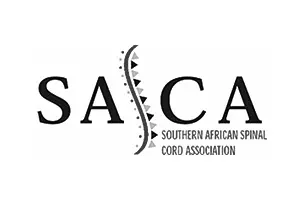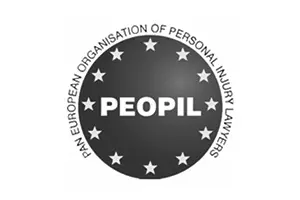
Doping in South African Sports
The journey of anti-doping in sports began long ago, with the Ancient Greeks using stimulating substances like caffeine, cocaine, strychnine, and alcohol in competitions. By the 1900s, the use of such substances in sports, particularly in endurance sports like cycling, had become prevalent, and it was clear that regulations were needed to maintain fair competition.
The International Association of Athletics Federation (IAAF) was the first international sports federation to take action against doping by banning the use of stimulating substances in 1928. Despite these early efforts, the effectiveness of the restrictions was limited, highlighting the need for robust testing methods.
The introduction of doping tests was a significant step forward. The Union Cycliste Internationale (UCI) and FIFA were among the first federations to conduct doping tests, which made their debut at the 1968 Olympic Games in Grenoble and Mexico.
As medical substances continued to be misused by athletes, it became necessary for countries to introduce anti-doping legislation. France led the charge by enacting such laws, and other countries followed. However, there was still confusion around doping sanctions, particularly when they were challenged in civil courts.
The establishment of the World Anti-Doping Agency (WADA) in 1999 was a major milestone, providing an independent international agency dedicated to fighting doping in sports. WADA introduced the World Anti-Doping Code, setting global standards for anti-doping.
The South African Institute for Drug-Free Sport (SAIDS) serves as the national anti-doping organisation for the country, working to prevent substance abuse in sports. SAIDS has implemented education programs targeting not only athletes but also schools, parents, and coaches to raise awareness of the dangers of doping.
Despite these efforts, South Africa faces significant challenges. According to SAIDS’ latest annual report, the country has seen high instances of drug cheating in rugby and athletics.
WADA’s 2021 World Anti-Doping Code requires countries to align their regulations with global standards. South Africa’s legislation, however, was recently found to be non-compliant with the Code. This puts the country at risk of sanctions, including losing the right to host major sporting events and participate in WADA events.
The South African Institute for Drug-Free Sport Amendment Bill, 2020, aims to address these shortcomings in South African anti-doping legislation. However, the process has been slow, leaving the country’s international sports status in a precarious position.
The fight against doping in sports is ongoing, but with efforts from organisations like SAIDS and the introduction of educational programs, there’s hope for a cleaner future in sports. Staying vigilant and ensuring compliance with international standards will be key to preserving the integrity of sports in South Africa and around the world.
The current position on objections to the con/arb process
Con/arb process - The Commission for Conciliation, Mediation[...]
Out of time? Think again – The CCMA and its rules
By Lara Keil (Candidate Legal Practitioner) under the[...]
RAF’s lodgement requirements: Claimants further prejudiced
By Lara Keil (Candidate Legal Practitioner) under[...]



